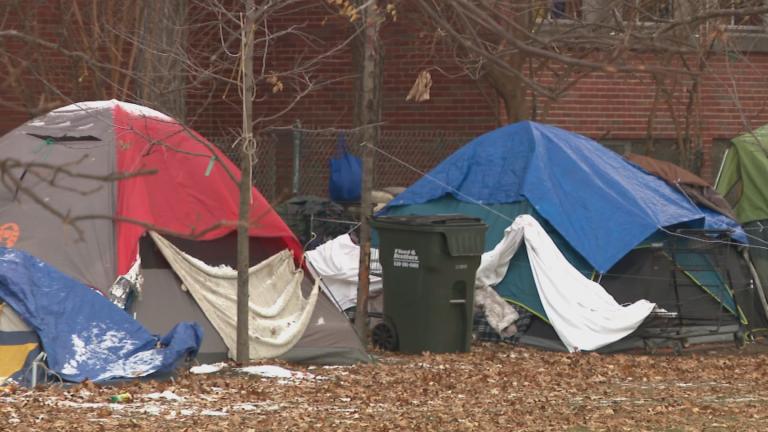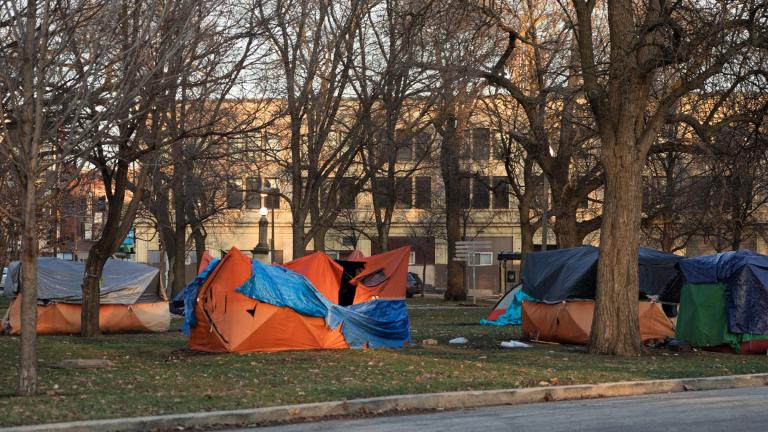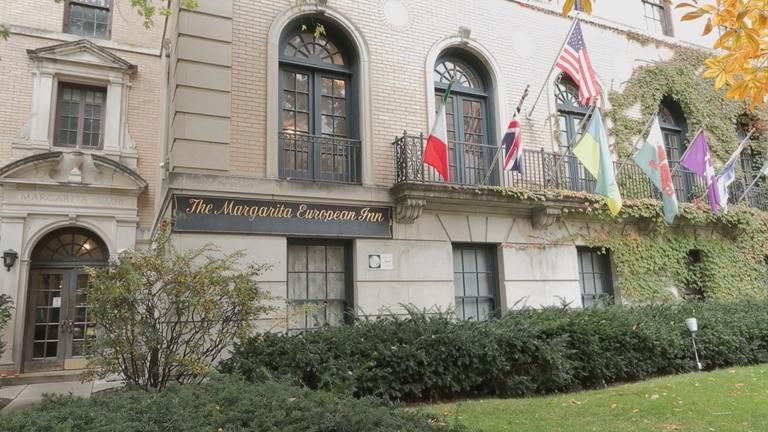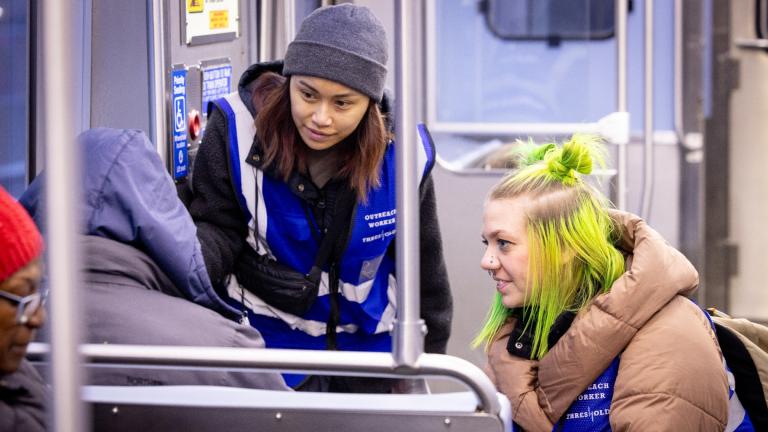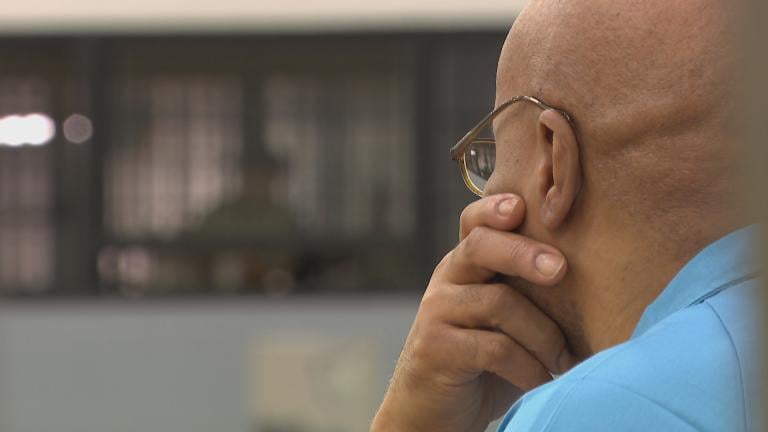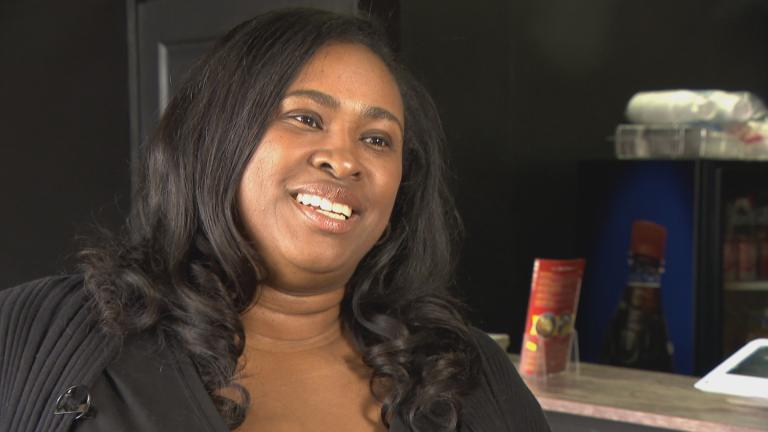As a Democratic presidential candidate, Andrew Yang touted his “freedom dividend” policy, which would have provided a universal basic income of $1,000 a month to every American adult.
As the COVID-19 pandemic exacerbates existing economic inequality in the country, there appears to be a renewed interest in basic or guaranteed income, and mayors across the U.S. are implementing a basic income in their cities.
“This idea of basic income, guaranteed income, cash has been around for a long time,” said Harish I. Patel, director of Economic Security for IL. “How do you put cash into people’s pockets … Basic income covers ground that anybody who qualifies can get it, whereas guaranteed income is a little bit more targeted toward, let’s say geography or race or gender.”
In 2019, Stockton, California, started a guaranteed income pilot program, providing 125 residents with $500 each month, funded by the Economic Security Project. Meanwhile, residents of Alaska have been receiving dividend checks annually since 1982.
Two years ago, a Chicago economic inequality task force recommended the city explore a guaranteed income pilot program, however it failed to pass in City Council. In February 2020 at the Solution Toward Ending Poverty Summit, Mayor Lori Lightfoot said she doesn’t feel universal basic income is sustainable.
The Family Independence Initiative provides cash assistance to families across the country. The program has been in Chicago for around 2.5 years.
“FII really works in a very simple fashion,” said Ebony Scott, partnership director at FII. “We go out and try to find families who have goals and initiatives and like most Americans are working diligently toward them. We make a direct cash investment in them, and then we also encourage them to tell us about the social capital they’re exchanging in their community.”
FII has worked with 500 families in Chicago.
“The results across the board are really motivating and inspiring,” Scott said. “We see our families go out and do more work as a result of the investment.”
Roseland residents Patricia Jackson and her husband Derrick have been using FII cash payments to reach their financial goals, including paying off debt, purchasing a work truck for their delivery business and saving up to buy a house.
“It affected us in a positive way. Right now my husband has own truck. He can go as he please. He can work seven days a week if he wants, and all the profit is his,” Jackson said. “It makes a difference having to rent versus owning it yourself.”
FII also provided support at the beginning of the coronavirus pandemic.
“When my husband couldn’t work for months when the pandemic first happened, we had some of those funds in a savings account,” Jackson said.
Critics of basic income programs fear the financial assistance will act as a disincentive to work.
Patel said data and research, both nationally and internationally, prove that not to be true, citing the Chicago Resilient Families Task Force Report which he helped compile.
“Not only that, what is really sad is most people are actually working multiple jobs,” Patel said. “Most people are trying to make ends meet working gig economy jobs, and three jobs. For us it would be helpful for people to have one job, and make sure that those jobs actually pay.”
FII families use payments to invest in themselves and their families.
“The notion that they’re going to do the opposite is really rooted in mistrust and a lot of racist and classist things we think about the poor,” Scott said. “We love to talk about how lazy poor folks are, but our data shows us that that is the opposite. It is astounding to me every month to see how folks are starting side businesses, starting side hustles, using the money to go back to school while they work.”

